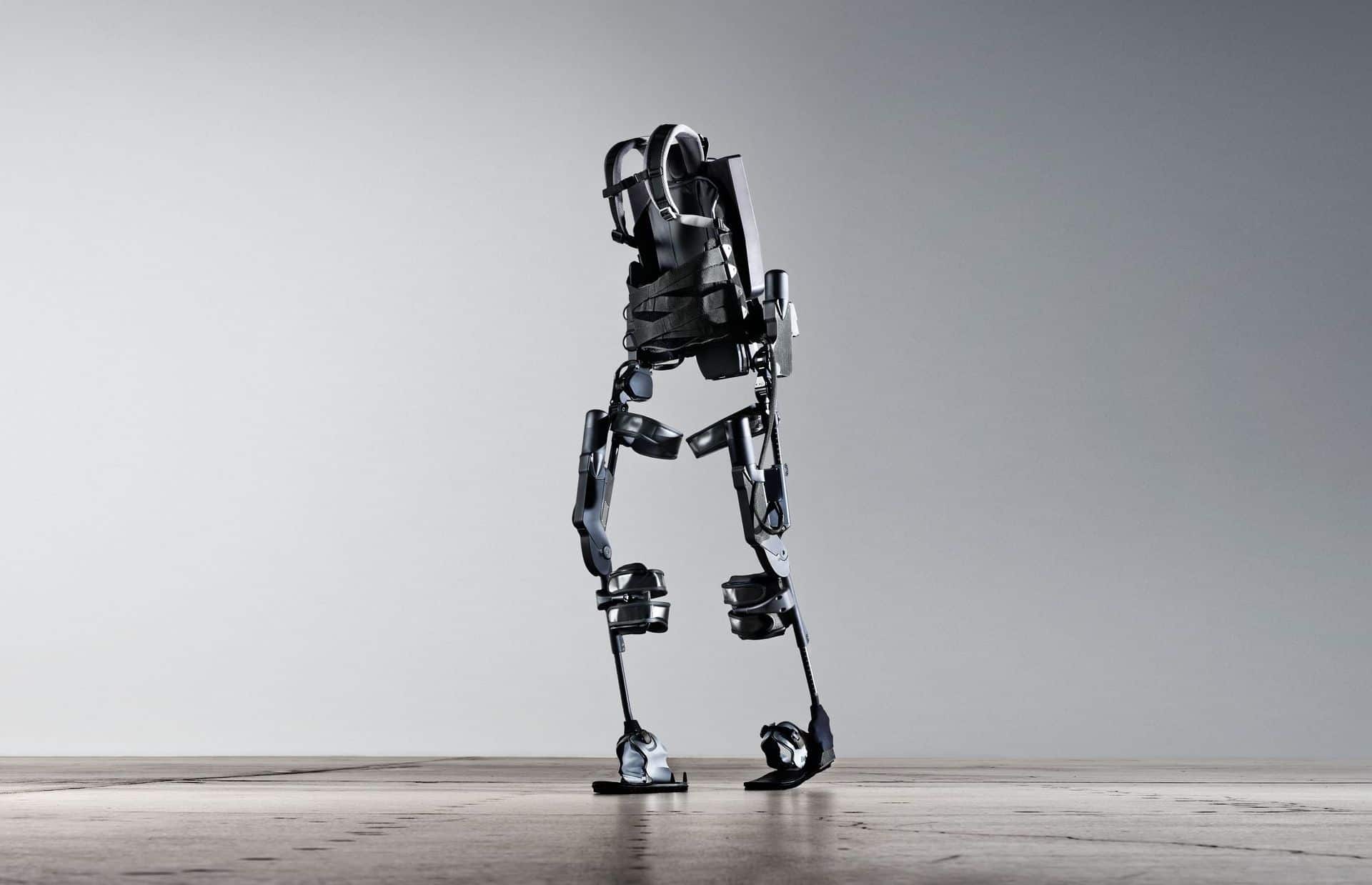A podcast about the turbulent relationship between the world's two superpowers, the two men who run them, and the vital issues that affect us all.
In a special bonus episode recorded live at the Asia Society, host Jane Perlez speaks with journalist and scholar Orville Schell about his 50 years covering Chinese leaders and their American counterparts. They attempt to answer the question: how did we get here?

